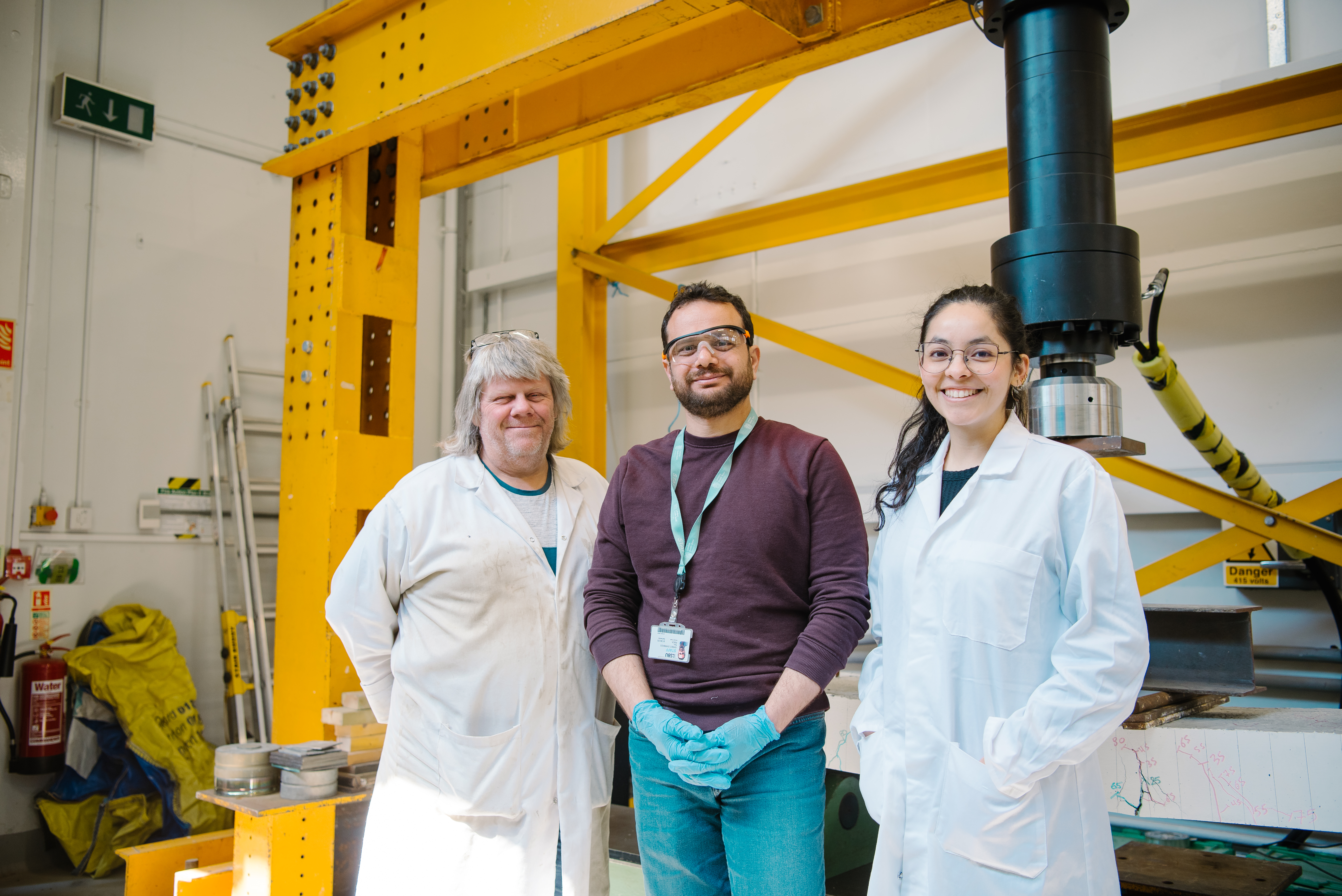Funded PhD Project (UK Students Only)
London, United Kingdom, Construction Project Management, Contract Management, NLP, AI
About the Project:
LSBU is a modern university with a mission to transform lives, communities, businesses and society through applied education and insight. We strive to influence the wider world and to positively impact on the society around us. LSBU’s PhD Scholarships are central to this vision.
LSBU is an inclusive and welcoming organisation, committed to eliminating discriminations. This means that we work pro-actively to eliminate individual, institutional, and systemic inequalities. We believe that it is not enough just to eliminate discrimination but that we must speak out and act against inequalities wherever and whenever they occur.
Doctoral Scholarship (with stipend): Total studentship cost of £25,900 per FT PGR, including a yearly stipend (£18,622), inside London allowance (£2,040), supervision costs (£2,618), support, training, and printing costs (£1,620), and the cost of a laptop in the 1st year (£1,000). Studentships will be funded for three years only with expected submission in Jan 2027 and viva, corrections and award completed before Dec 2027. The successful candidate will need to be enrolled for a January 2024 start.
School/Division: School of the Built Environment and Architecture/Construction, Property and Surveying
Duration of Scholarship: Full-time. It is expected that those awarded scholarships will submit their thesis no later than three years from enrolment.
Fully funded PhD studentship (home fees only) at London South Bank University, School of Built Environment and Architecture January 2024 Start. The student will be supervised by Dr Yuting Chen (https://peoplefinder.lsbu.ac.uk/researcher/89099/dr-yuting-chen) and Prof. Chika Udeaja (https://peoplefinder.lsbu.ac.uk/researcher/8q10z/professor-chika-udeaja)
Closing date for applications: 5th November 2023 by 11.59 pm
Start date: no later than 5th January 2024
Applicants are invited for a full-time three-year PhD studentship in the School of the Built Environment and Architecture at London South Bank University (LSBU) to begin no later than 5th January 2024. We are seeking an exceptional and enthusiastic person to join our team Construction Project Management research team in the School of the Built Environment and Architecture for creating an automatic contract review system for proactive risk management and dispute avoidance.
Supervisors: Dr Yuting Chen (https://peoplefinder.lsbu.ac.uk/researcher/89099/dr-yuting-chen) and Prof. Chika Udeaja (https://peoplefinder.lsbu.ac.uk/researcher/8q10z/professor-chika-udeaja)
Project description:
Procurement and contracts are important in managing construction projects, especially risk management. However, previous manual review processes and early AI-based are known to be time-consuming and error-prone and do not address the huge data generated during the contract or procurement processes. Also, construction projects have suffered long from contractual risk, which will cause disputes in the future.
The normal contract document reviewing process to reduce risk has long been labour-intensive and can cause errors. An AI-automated detection method that addresses contractual risk and incorporates scope 3 emissions requirements is needed to address our current challenges in procurement and contracts.
The proposed project aims to develop an AI-powered contract specification classification model to automatically detect the contractual risks and the risk-taking party from each contract clause to help review the contract and reduce potential disputes in the future. The methodology adopted in this research will combine behavioural and design science. The behavioural science will be used to explore the challenges, and the design will be used to develop system development of the AI-powered Natural Language Processing.
Eligibility: The successful candidate will have a BSc and ideally, an MSc, in Construction Project Management or related discipline with strong research methods skills. Candidates with programming background, especially with experience using LLM, are preferred. Candidates should have an interest in contract and procurement management in construction projects as well as an ability to work independently and with initiative at a high level of self-motivation. The studentship will be awarded based on merit for full-time study three years only. The studentship is limited to home students.
Contact for informal enquiries: Please contact Dr. Yuting Chen on email: cheny22@lsbu.ac.uk
How to apply: Please send your CV and personal statement (including motivations for studying at doctoral level, interest and experience in this subject area, research skills and experience, your programming, coding experience and suggestions for how an element of the proposed PhD could be explored) via email to Dr. Yuting Chen via email: cheny22@lsbu.ac.uk
Shortlisted candidates will be contacted with an invitation to attend an interview during the week commencing 13th November 2023. The successful candidate will be selected for the award in accordance with the University’s postgraduate admissions requirements and must be eligible under the Educations (Fees and Awards) Regulations 1997.
Closing date for applications: 5th November 2023 by 11.59pm



